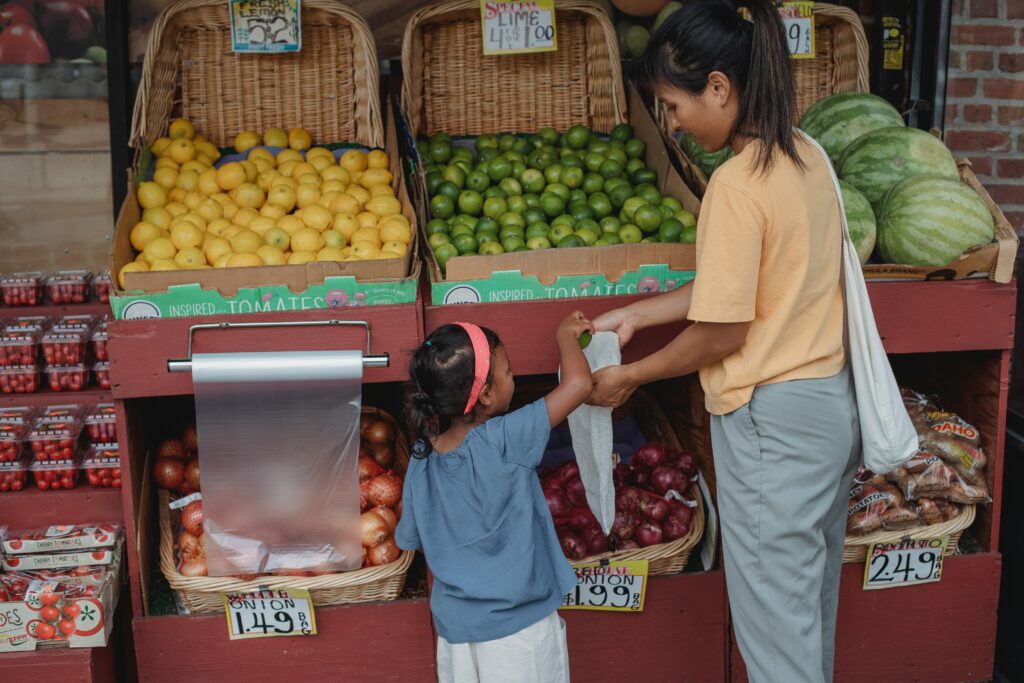By Marie Haaland // SWNS
NEWS COPY w/ VIDEO + INFOGRAPHIC
The average American spends nearly $1,500 per year on food they’ll never eat, according to new research.
A survey of 2,000 general population Americans revealed people waste $1,493.93 on food per year, which is almost a fifth of their groceries after every shopping trip (18%).
Less than 10% of respondents said they “never” purchase food they don’t end up eating, while almost three in 10 (27%) said this is something they “always” or “often” do.
Conducted by OnePoll and commissioned by Avocado Green Mattress, the survey delved into the habits that contribute to food waste — and the effect it has on the environment.
Interestingly, one step Americans surveyed can take to limit food waste is to shop alone.
Half of respondents prefer to head to the grocery store solo, and when they do, they’re more likely to stick to their list (55%) and are less likely to buy food they don’t want or need (36%).
Keeping the list in mind is important, as 38% are more likely to let food go bad if it wasn't originally on their shopping list.
Six in 10 also said they always try to avoid shopping while hungry, as they’re more likely to buy foods they won’t eat when they go to the store on an empty stomach.
Some respondents appear to be in a cycle when it comes to food waste: 46% usually buy and end up wasting the same food every month because they think they’ll get around to eating it.
And the same number said they do this with healthy foods, specifically.
That seems to be on-trend, as the data showed fruits (53%) and vegetables (45%) are the foods most likely to be wasted. Those were followed by various dairy products (39%).
“At Avocado Green Brands, we think a lot about using only what we need,” said Avocado Co-Founder and CMO Mark Abrials. “We can all do better to limit food waste by sticking to grocery lists and, when we get home, prioritizing eating our perishable foods, like fruits, veggies, and dairy products.”
Despite the prevalence of food waste, two-thirds of respondents (65%) said taking care of the environment was a priority for them.
Twenty-three percent of respondents admit to being “very concerned” about their personal food waste, and another 32% said they’re “somewhat concerned.”
Three-quarters of those surveyed (76%) feel guilty about throwing away uneaten food because it’s a waste of money — and 48% feel the same, due to the harm food waste causes to the environment.
“When it comes to food waste, nobody is perfect,” said Abrials. “But in order to consider our environmental impact, not to mention wasted money, we think it’s essential to be thoughtful about everything we purchase — whether that’s food, mattresses or other goods.”
WHICH FOODS ARE MOST COMMONLY WASTED BY RESPONDENTS?
- Fruits 53%
- Vegetables 45%
- Dairy products 39%
- Grains 25%
- Protein 20%
- Snack foods 19%
Money spent on wasted food: 18.15% x (1.9 trips to the grocery store per week x 52 weeks in a year = 98.8 x $83.31 spent per trip = $8,231.028 total per year) = $1,493.93
